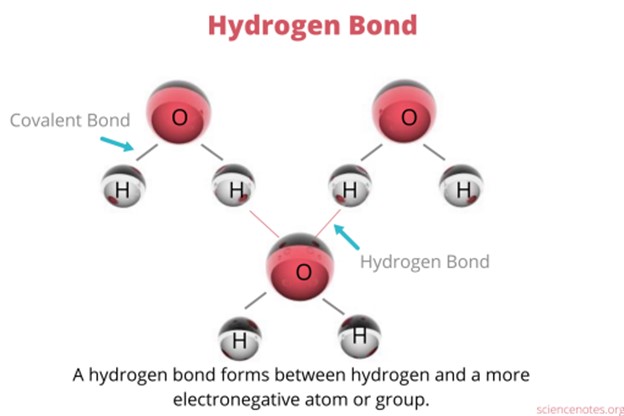What is the largest vein in the human body that returns deoxygenated blood from the upper half of the body to the right atrium of the heart?
Superior vena cava.
Inferior vena cava.
Pulmonary vein.
Renal vein.
The Correct Answer is A
The superior vena cava is the largest vein in the human body that returns deoxygenated blood from the upper half of the body to the right atrium of the heart.
Choice B is incorrect because the inferior vena cava returns deoxygenated blood from the lower half of the body to the right atrium of the heart.
Choice C is incorrect because the pulmonary vein carries oxygenated blood from the lungs to the left atrium of the heart.
Choice D is incorrect because the renal vein carries deoxygenated blood from the kidneys to the inferior vena cava.
Nursing Test Bank
Naxlex Comprehensive Predictor Exams
Related Questions
Correct Answer is A
Explanation
Hydrogen bonding is an interaction involving a hydrogen atom located between a pair of other atoms having a high affinity for electrons.

One atom of the pair (the donor), generally a fluorine, nitrogen, or oxygen atom, is covalently bonded to a hydrogen atom, whose electrons it shares unequally; its high electron affinity causes the hydrogen to take on a slight positive charge.
The other atom of the pair (the acceptor), also typically F, N, or O, has an unshared electron pair, which gives it a slight negative charge.
Mainly through electrostatic attraction, the donor atom effectively shares its hydrogen with the acceptor atom, forming a bond.
Choice B) The repulsion between the positive and negative charges of two molecules is incorrect because hydrogen bonding involves attraction, not repulsion.
Choice C) The attraction between two nonpolar molecules is incorrect because hydrogen bonding involves polar molecules.
Choice D) The attraction between two ionic molecules is incorrect because hydrogen bonding involves polar molecules and not ionic molecules.
Correct Answer is C
Explanation
During hemodialysis, waste products and excess fluids are removed from the blood by diffusion 1.
Diffusion is a separation process in which particles that are dissolved in a solution are relocated from an area of higher concentration in the blood to an area of lower concentration in the dialysate.
Choice A.
Active transport is incorrect because active transport is a process that uses energy to move molecules against a concentration gradient.
Choice B.
Osmosis is incorrect because osmosis is the movement of water molecules across a semipermeable membrane from an area of higher water concentration to an area of lower water concentration.
Choice D.
Facilitated diffusion is incorrect because facilitated diffusion is a process where molecules move down their concentration gradient with the help of carrier proteins.
Whether you are a student looking to ace your exams or a practicing nurse seeking to enhance your expertise , our nursing education contents will empower you with the confidence and competence to make a difference in the lives of patients and become a respected leader in the healthcare field.
Visit Naxlex, invest in your future and unlock endless possibilities with our unparalleled nursing education contents today
Report Wrong Answer on the Current Question
Do you disagree with the answer? If yes, what is your expected answer? Explain.
Kindly be descriptive with the issue you are facing.
